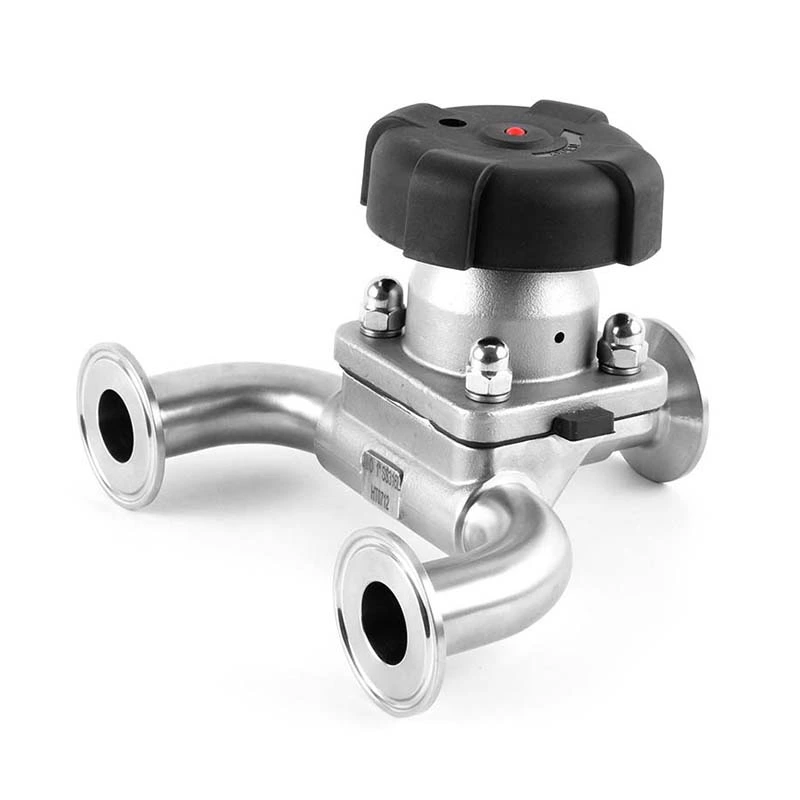Selection Of Valve Body And Sealing Gasket Materials For Sanitary Valves
Selection of valve body and gasket materials for Sanitary Valve
The valve body materials of sanitary valves are relatively simple, with only 304 and 316L stainless steel available. Among them, 304 stainless steel is widely used and can be used for sanitary valves with nominal pressure PN≤1.0MPa and working temperature of -30~300℃ for water, steam, air and oil products
Common material standards for sanitary valve shells
Shell material
Applicable working temperature℃
Applicable working pressureMPa
Applicable medium
304 stainless steel
≤100
≤1.6
Water,
316L stainless steel
≤100
≤1.6
Water, seawater, coal gas, ammonia
Water, seawater, coal gas, air, steam
Although the valve body material of sanitary valves is relatively simple, the environment they adapt to is different depending on the material of the gasket. Let's take a look at the selection of sanitary valve sealing surface materials:
Sealing surface material
Using temperature/℃
Hardness
Applicable media
Bronze
-273~232
Water, seawater, air, oxygen, saturated steam, etc.
316L
-268~316
14HRC
Steam, water, oil, gas, liquefied gas, etc. Slightly corrosive and non-erosive media
17-4PH
-40~400
40~45HRC
Slightly corrosive but erosive media
Cr13
-101~400
37~42HRC
Slightly corrosive but erosive media
Stellite alloy
-268~650
40~45HRC (normal temperature)
38HRC (650℃)
Erosive and corrosive media
Monel alloy K S
-240~482
27~35HRC
30~38HRC
Alkali, salt, food, acid solution without air, etc.
Hastelloy CB
371
538
14HRC
23HRC
Corrosive mineral acid, sulfuric acid, phosphoric acid, wet hydrochloric acid gas, chlorine-free acid solution, strong oxidizing medium
Alloy No. 20
-45.6~316
-253~427
Oxidizing medium and sulfuric acid of various concentrations
